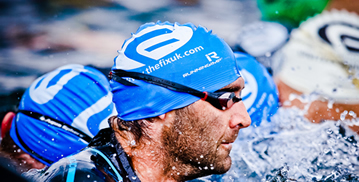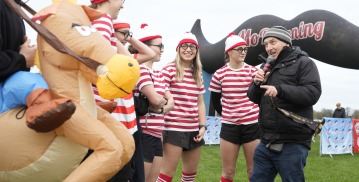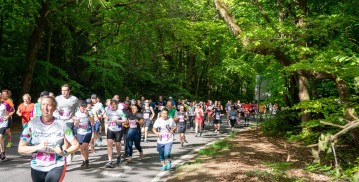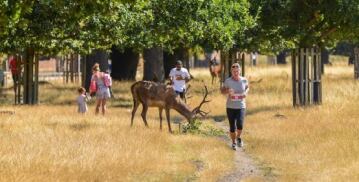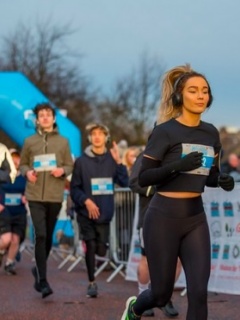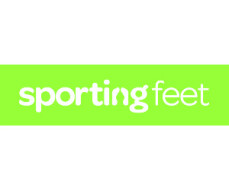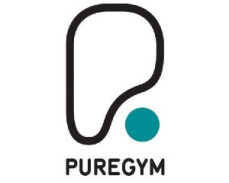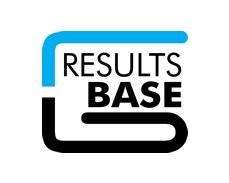February 16, 2024
Triathlon
By Fix Events
Training for your first Triathlon
Triathlon is a sport that has grown from strength to strength and has become an event everyone wants to now try out. With events ranging from supersprint triathlons to ironmans there is something out there for every level of ability.
How do I get started?
The most important aspect of participating in your first triathlon is choosing an event which is right for you. Can’t swim? Try a duathlon which is a combination of running and cycling. Can’t ride? Try an aquathlon which is a combination of swimming and running.
Have a look at the distances of the various events and choose one you feel comfortable with. For your first triathlon, explore the various novice or enticer events on offer, then you can work your way up over time to sprint, standard, half Iron or Iron distances.
Check out our Fix Events upcoming Triathlons
How do I get help?
One of the best ways to stay motivated and stick to a regime is to train with a friend or a club. Triathlon has a very strong community with local clubs across the nation offering support, both group and individual training and advice from experienced triathletes. The coaches at these clubs can help develop personalised training plans and most importantly, provide the support you need to stay on track and reach your goals.
Take a look at these Triathlon Clubs
Top Training Tips
A common obstacle faced by people training for a triathlon is they may be strong in one leg whether it be bike, swim or run, and weaker in the others making it hard to decide which to focus on the most. It’s important to alternate and train in each leg of the triathlon. While you should dedicate extra time to improving your weakest, you should also train on your strongest leg. Most people find this more enjoyable because it will be easier and it will help motivate you to stick to your training plan. It’s much easier to do something you are familiar with than something you’re not good at.
It’s important to remember you should be able to maintain a conversation with someone during training while you’re running or cycling. If you can’t you should slow it down and pace yourself.
Swim
Swimming is usually the leg of triathlon people have the most hesitation about but it doesn’t have to be. The important thing is to start your training off slowly. Get in the pool, swim a lap, then have a rest. You don’t need to swim huge distances if you’re just starting out, but work on gradually increasing your distances over time. If your event has an open water swim, make sure you practice in this element to get a feel for it. Local triathlon clubs do outdoor group training sessions which is a great chance to head out into the open water with others to support you. If you’re hesitant to swim in oceans or lakes, there are plenty of events which require laps of a pool for the swimming leg. Swimming with flippers is a great way for beginners to increase the amount of time you can swim for when you first,
Bike
First time participants often don’t know what kind of bike training to do while preparing for their first triathlon. It’s recommended you combine your training with both high intensity training to increase strength, and lower intensity over longer distances to increase stamina. Train at a speed you will feel comfortable sustaining the entire length of the cycling leg of your event. It’s very important to maintain a consistent speed using the gears of the bike like you would a car while applying moderate pressure on the pedals. If you’re using too much downward pressure on the pedals, you will wear out your quads quickly and if you’re pedalling too fast with too little resistance you will cover less ground while exerting a lot of energy.
If you’d rather not train on the open road, start by training on a stationary bike. It’s important to have some practice outdoors to get used to braking and cornering, so head to a local bike track away from the road to get practice in these areas.
Run
You don’t need to be a runner to compete in a triathlon. Anyone can run, it just takes practice and you should start off slowly. Alternate between walking for a minute, and running for a minute, and then build this up to two minutes, three minutes and so on.
If you can already run and would like to build your stamina for longer distances, try interval training with short sharp bursts of exercise such as sprints, then rest and keep alternating.
Remember to train in the shoes you plan on wearing on the day and break them in.
When do I start?
When training for novice level triathlons, a general guide is:
No fitness- start six weeks out
Average fitness- start four weeks out
If you’ve got longer, that’s obviously better. But you can get triathlon ready in short a period of time if you stick to your training regime. Once you’ve completed a novice triathlon, you can keep building on your fitness by participating in longer distance triathlons.
What do I need?
For novice triathlon events you don’t need much equipment and most of it you will already have at home
• Bike, any one will do, it doesn’t need to be expensive you just need to be able to ride it
• Goggles
• Running shoes- don’t wear brand new ones on the day or you’ll end up covered in blisters
• Swimmers- you can also have some shorts or a top to wear after the swim if you feel more comfortable, anything will do from boardies to bike pants
• Helmet
• Sunglasses
• Water bottle for your bike
Top triathlon event day tips
On the day of your first triathlon, don’t go crazy with carb loading, energy gels and drinks. Start your day with a piece of toast with jam or honey and you should avoid alcohol the night before to keep hydrated. On the day there will be friendly technical officials to guide you, but it pays to read through the competition rules for your event to avoid disqualification. It’s important to keep in mind, don’t go too hard too fast. Pace yourself and don’t get distracted with what people around you are doing just focus on finishing your race.
Swim
For your swim leg it’s a good idea stay to the back of the group and to the side so you don’t get stuck in the middle. Keep your own pace and save your legs for the bike by using your arms and upper body to propel yourself forward as much as possible.
Bike
It’s common in novice events for participants to waste time running around trying to find their bike during transition. To avoid this problem, throw a brightly coloured towel over your bike so it stands out from the rest. During the race try to sustain a consistent pace and don’t be tempted to speed up to overtake people if you can’t maintain that speed because you’ll wear yourself ou.
Run
You don’t need to be the fast to compete in triathlon. The key is getting into a steady pace and sticking to it. It’s common practice in novice triathlons that if you can’t run anymore you can walk for a while to catch your breath, so don’t be embarrassed if you need to stop every now and then.
Top tips
The most important thing to remember when training for your first triathlon is to have fun. Triathlon has a great, supportive community where everyone is encouraged to give it a go. Being part of a local club provides you with an opportunity to be social in a healthy environment with likeminded people.
The goal of participating in your first triathlon is to cross the line, whether this means competing as a team or walking instead of running. Crossing the line should be your goal, no matter how long it takes to get there.
How to motivate yourself to start training
A great way to start is by finding a local triathlon club or training group – this way you can train with other people of the same ability as part of an organised group and with a coach. Not only will this be the safest way to start, but it will also provide social interaction and fun. If you don’t join a club or a group then try to encourage some friends to train with you. That way you can motivate each other and push each other along – plus it provides a bit of healthy competitiveness!
How to stick to your training plan
It’s important to set realistic, achievable goals so that you can see results and improvement on a continual basis. This helps to stay feeling positive and motivated. Don’t take on too much to begin with as it is likely that you won’t be able to keep up the training load, result in de-motivation and even injury. Talk to a triathlon coach or expert to find out how much training you should be doing in order to achieve your goal. And of course, stay focussed on what it is that you want to achieve!
Importance of eating healthy
In order to get the best out of your body, you have to put the best into it. This means a healthy, balanced diet full of fresh food and water. By all means you can treat yourself – that is one of the benefits of doing exercise! However the basic rules of everything in moderation and common sense must prevail.

